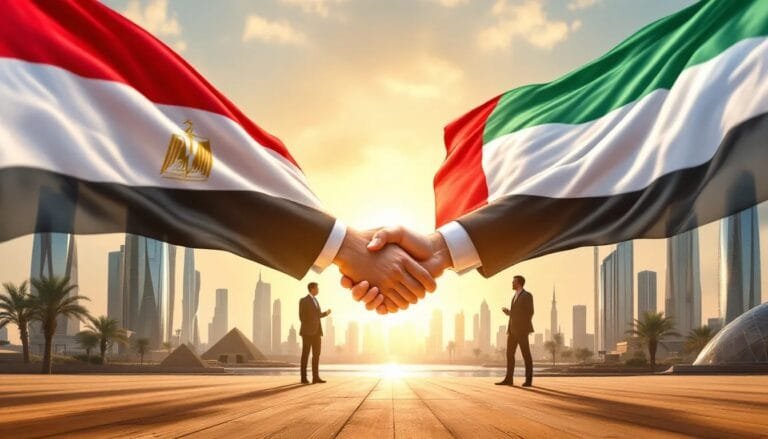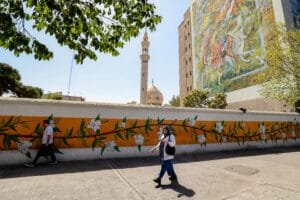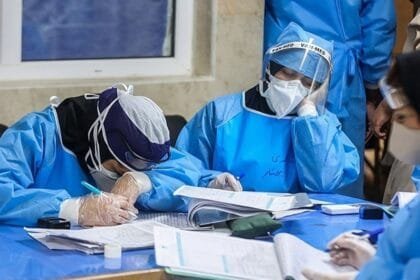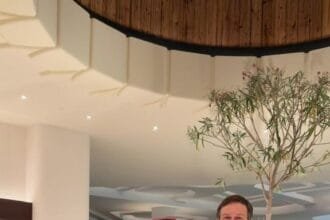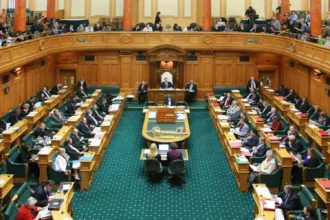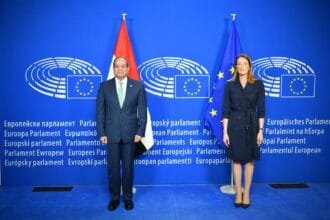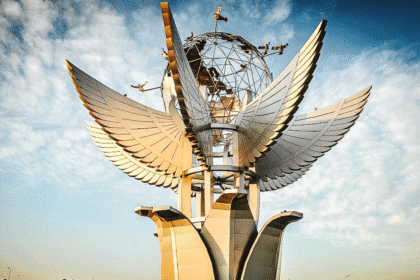Cairo, Egypt – Egyptian–Emirati relations represent one of the most deeply rooted and stable Arab relations. They did not arise out of a vacuum, nor were they built on temporary interests or short-term calculations. Rather, they were founded on the firm conviction that the unity of Arab destiny can only be achieved through close coordination among the region’s leading powers. Hence came Egypt’s place in the heart of the UAE. This started ever since the late Sheikh Zayed bin Sultan Al Nahyan laid the foundations of the young state and saw that supporting Cairo was a support for the entire Arab nation.
The Political Dimension
Today, this vision continues clearly in the policy of His Highness Sheikh Mohamed bin Zayed Al Nahyan. He is keen to strengthen the partnership with Egypt, considering it a cornerstone in the equation of Arab stability. The repeated meetings between him and President Abdel Fattah El-Sisi do not only carry fraternal symbolism. They also reflect a conscious political will that ongoing coordination is the sole guarantee for navigating the complex crises the region and the world are facing.
The Economic Dimension
The relationship between the two countries goes beyond politics and extends into economics. The UAE is one of the largest investors in Egypt. Official data indicate that trade between the two countries reached about $9.3 billion in the fiscal year 2023–2024. This includes $5.6 billion of Egyptian imports from the UAE and $3.7 billion of exports to the UAE. In 2024, bilateral trade rose to around $6 billion. This is compared to $4.5 billion in the previous year, marking growth of 31.6%.
These investments are not limited to financial support. They are a message of confidence in the future and long-term strategic projects that create jobs and drive development. Total Emirati investments in Egypt during the first half of the fiscal year 2023–2024 amounted to about $2.1 billion. This marked an increase of 41.1%. Meanwhile, total Arab direct investments in Egypt rose to $41.5 billion. The UAE contributed the lion’s share of approximately $38.9 billion. One of the most notable of these is the Ras El Hekma project. It represents a qualitative leap in urban and tourism development, backed by a UAE investment package of $35 billion. This makes it the largest foreign direct investment in Egypt’s history.
The Human and Cultural Dimension
This relationship also reflects deep-rooted humanitarian ties. Egyptians residing in the UAE form daily bridges of communication, contributing to economic and social development. Conversely, Egyptian cultural, artistic, and educational presence remains vibrant in Emirati society. This gives the partnership a popular dimension no less important than its political and economic aspects.
Toward an Arab Model of Leadership
In a world full of changes and challenges, the need is pressing for solid Arab partnerships capable of confronting crises. It is also important for building genuine paths of development. Egypt and the UAE together are well-positioned to shape a pioneering Arab model based on mutual trust. They look ahead in fields such as clean energy, food security, and the digital economy. This opens new horizons that go beyond bilateral relations to a wider scope, serving the entire region.
Analytical Reading of the Numbers
- Diversified economic cooperation: The increase in bilateral trade to more than $9 billion reflects the breadth of cooperation, spanning energy, infrastructure, tourism, and real estate.
- Growing investment confidence: The $35 billion Ras El Hekma project highlights Emirati confidence in the Egyptian economy. It stands as the largest foreign direct investment in the country’s history.
- Direct impact on the labor market: Joint projects translate into tens of thousands of new jobs for Egyptians, particularly in housing, tourism, and logistics.
- Strengthening monetary stability: The surge in Arab investments in Egypt to $41.5 billion, led by the UAE, ensures foreign currency inflows. This supports the stability of the Egyptian pound and eases external financing pressures.
- An Arab model for integration: The Cairo–Abu Dhabi partnership has become a reference point to be replicated in fields such as food security, clean energy, and the digital economy. This enhances stability and prosperity across the region.
Relations between Cairo and Abu Dhabi are no longer just traditional cooperation between two sister nations. They have become a practical model of strategic partnership built on shared history and a forward-looking vision. As such, they represent one of the key pillars for building sustainable stability and shared Arab prosperity.




